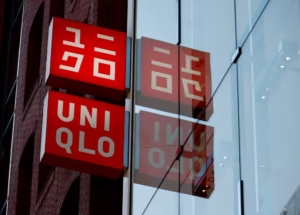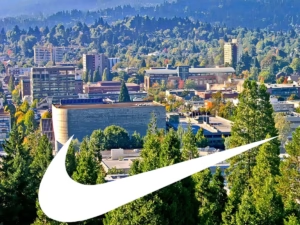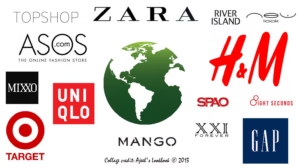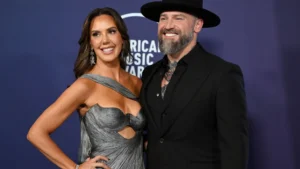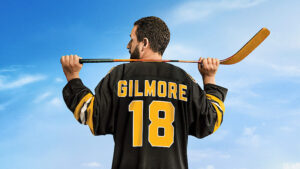Portugal and Morocco Reaffirm Strategic Partnership Amid Rising Geopolitical and Energy Stakes
Lisbon, July 22, 2025 –
During a high-level meeting in Lisbon on Tuesday, Portugal’s Minister of State and Foreign Affairs Paulo Rangel and Morocco’s Foreign Minister Nasser Bourita issued a joint declaration reaffirming their countries’ shared commitment to deepening a strategic bilateral partnership. Beyond diplomatic courtesies, the meeting signals a significant step forward in a long-standing alliance increasingly shaped by energy ambitions, geopolitical recalibration, and cultural proximity.
Analysis: A Relationship Rooted in Substance, Not Symbolism
The ties between Rabat and Lisbon are built on historical continuity and forward-looking strategic alignment. The 2024 joint celebrations of the 250th anniversary of the 1774 Peace Treaty and the 30th anniversary of the 1994 Treaty of Friendship, Good Neighbourliness and Cooperation serve not just as commemorative markers, but as proof of an enduring bilateral foundation.
“This is not just diplomatic formality. It reflects a shared vision for long-term cooperation,” noted a senior Moroccan diplomat.
⚡ Green Hydrogen: The New Strategic Pillar
One of the most dynamic aspects of the partnership is the shared ambition to lead in green hydrogen development. Morocco, rich in solar and wind resources, has emerged as a potential green energy powerhouse in Africa, while Portugal seeks to become a European energy hub.
The joint goals include:
- Developing cross-border green energy value chains,
- Accelerating the electric interconnection project between the two nations,
- Enhancing Atlantic maritime connectivity for trade and energy corridors.
This cooperation reflects a broader push for energy sovereignty and climate resilience, key priorities on both sides of the Mediterranean.
2030 FIFA World Cup: Beyond Football, a Geopolitical Showcase
The joint hosting of the 2030 FIFA World Cup by Morocco, Portugal, and Spain goes far beyond sports. It is a soft power victory and a diplomatic opportunity to strengthen cultural bridges, boost tourism, and promote regional development.
- For Morocco: It underscores the Kingdom’s African-European positioning.
- For Portugal: It reinforces its Atlantic influence and commitment to regional cooperation.
“Such a global event offers more than just visibility. It builds trust, economic growth, and mutual pride,” observed a Lisbon-based analyst.
Toward Stronger Coordination in Multilateral Forums
The joint declaration also emphasizes the need to enhance coordination in international institutions such as the UN, EU, African Union, and Union for the Mediterranean. This joint stance reflects shared priorities on:
- Regional stability in the Mediterranean,
- Sustainable development and climate action,
- Migration governance and economic inclusion.
The partnership gives Portugal broader diplomatic access in North Africa, while Morocco leverages its strategic partnerships within the EU beyond the traditional France–Spain axis.
An Emerging Atlantic-Mediterranean Power Axis
The deepening Portugal–Morocco partnership is becoming a model for balanced, pragmatic diplomacy in the Euro-African space. With strong energy ambitions, cultural synergies, and coordinated multilateral engagement, the two nations are crafting a forward-thinking alliance for a more interconnected, sustainable, and resilient future.
Share this content:








